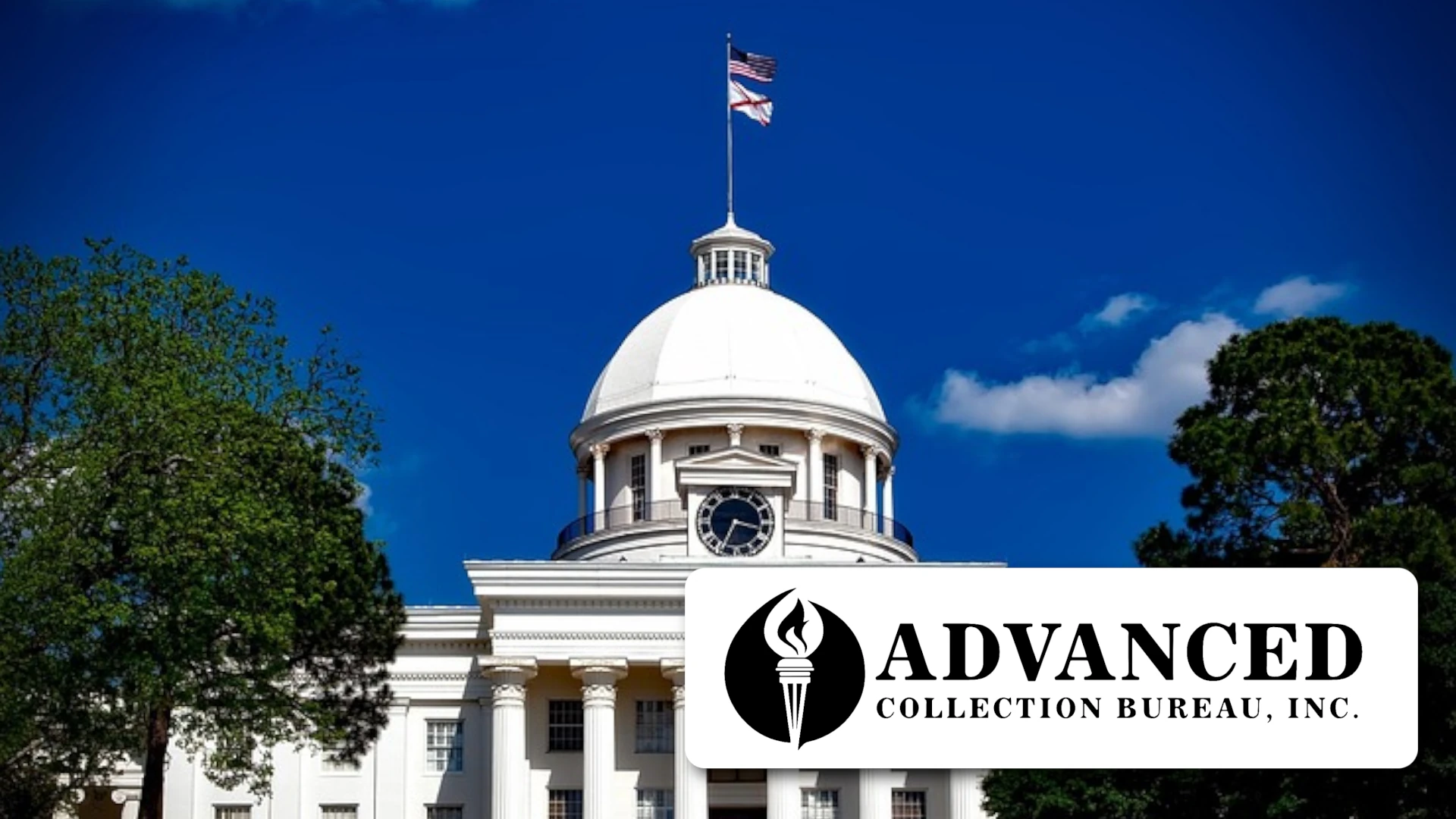Debt collection plays a crucial role in the financial system, helping businesses recover outstanding balances while ensuring consumers are treated fairly. However, without regulations, collection practices could easily become aggressive or misleading. This is where the Fair Debt Collections Practices Act (FDCPA) comes into play. It establishes clear guidelines on how debt collectors must operate, protecting consumers from harassment and ensuring ethical collection practices.
What Is the Fair Debt Collections Practices Act?
The Fair Debt Collections Practices Act is a federal law enacted to regulate how third-party debt collectors interact with consumers. It sets strict guidelines on communication, transparency, and prohibited practices. By outlining what collectors can and cannot do, the FDCPA ensures that individuals are treated fairly while allowing creditors to recover debts in a lawful manner.
For a deeper dive into the specific protections provided under this law, read our article: The Fair Debt Collection Practices Act: Key Protections.
Key Provisions of the FDCPA
One of the most significant aspects of the Fair Debt Collections Practices Act is its restrictions on how and when debt collectors can contact consumers. Collectors cannot call before 8 a.m. or after 9 p.m. unless given permission. They are also prohibited from making repeated calls that could be considered harassment.
Debt collectors must also provide accurate and transparent information. They are required to inform consumers of the total amount owed, the name of the creditor, and the right to dispute the debt. If a consumer submits a written request for validation, the collector must provide verification before continuing collection efforts.
To learn more about how these provisions apply in different situations, check out our article: A Breakdown of the Fair Debt Collection Practices Act.
How the FDCPA Protects Consumers
The FDCPA prohibits deceptive and unfair collection practices. Debt collectors cannot threaten legal action they do not intend to take, misrepresent the amount owed, or claim to be law enforcement officers. They are also restricted in how they communicate with third parties, preventing them from discussing an individual’s debt with employers, family members, or neighbors.
Consumers who believe their rights have been violated can file complaints with the Consumer Financial Protection Bureau (CFPB) or pursue legal action. Understanding these rights is essential for individuals dealing with collection agencies. For more details on how the FDCPA protects consumers, read: Fair Debt Collection Act: Your Rights Explained.
Ensuring Compliance for Businesses and Collectors
While the FDCPA primarily protects consumers, businesses that work with debt collection agencies must also ensure compliance. Hiring a collection agency that follows Fair Debt Collections Practices Act regulations is critical to avoiding legal issues and protecting a company’s reputation. Agencies that use unethical tactics can expose businesses to lawsuits, fines, and damage to customer relationships.
To ensure that a collection agency follows FDCPA guidelines, businesses should partner with a reputable firm that prioritizes compliance. Learn more about fair collection practices in our article: Fair Debt Collect Practices: How to Ensure Compliance.
Choosing a Compliant Debt Collection Agency
Navigating the debt collection process while staying compliant with federal regulations requires expertise and professionalism. Advanced Collection Bureau is committed to following all FDCPA guidelines while providing businesses with effective and ethical debt recovery services. If your company needs assistance with past-due accounts, work with us today to ensure a legally compliant and professional collection process.














